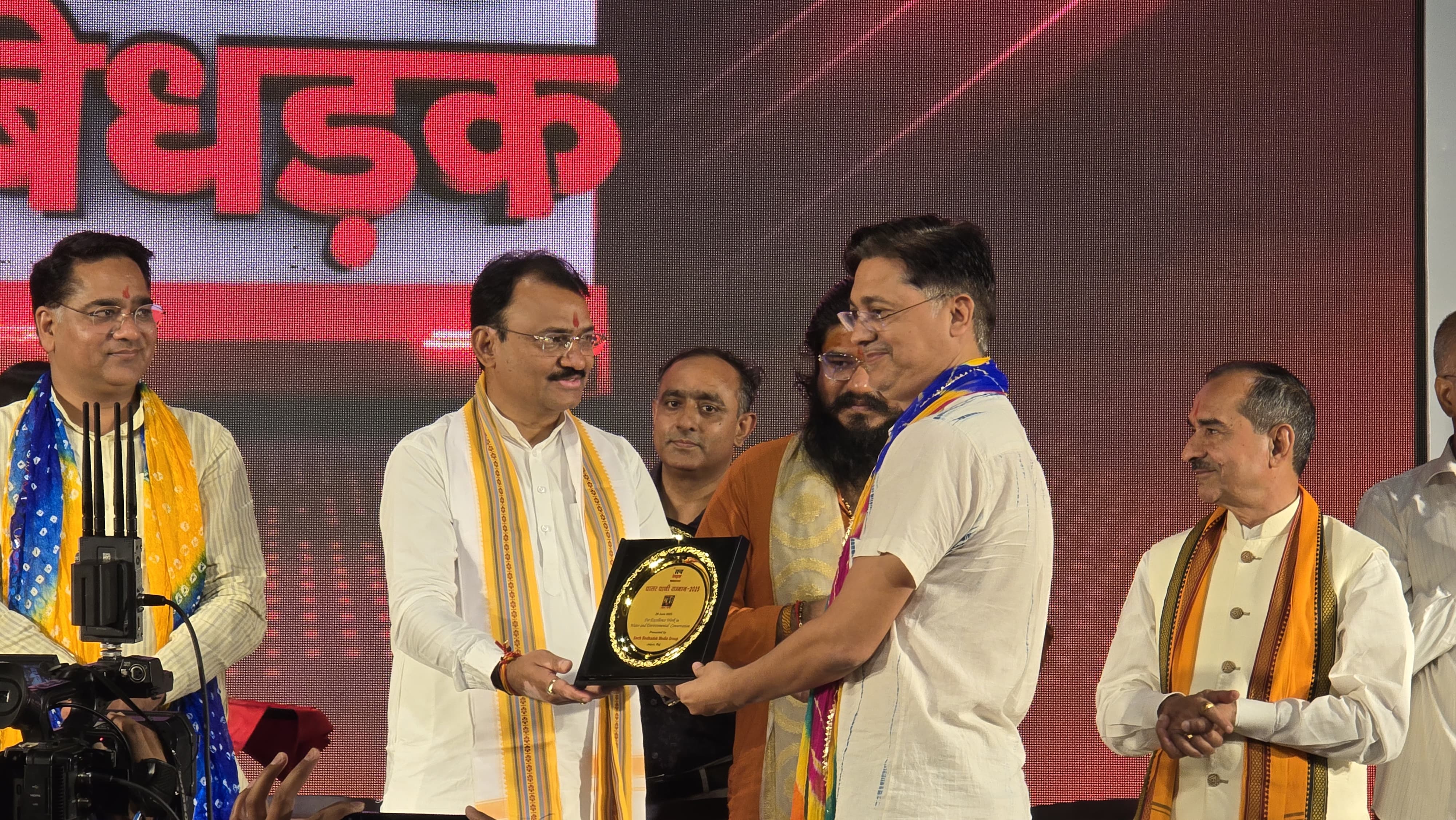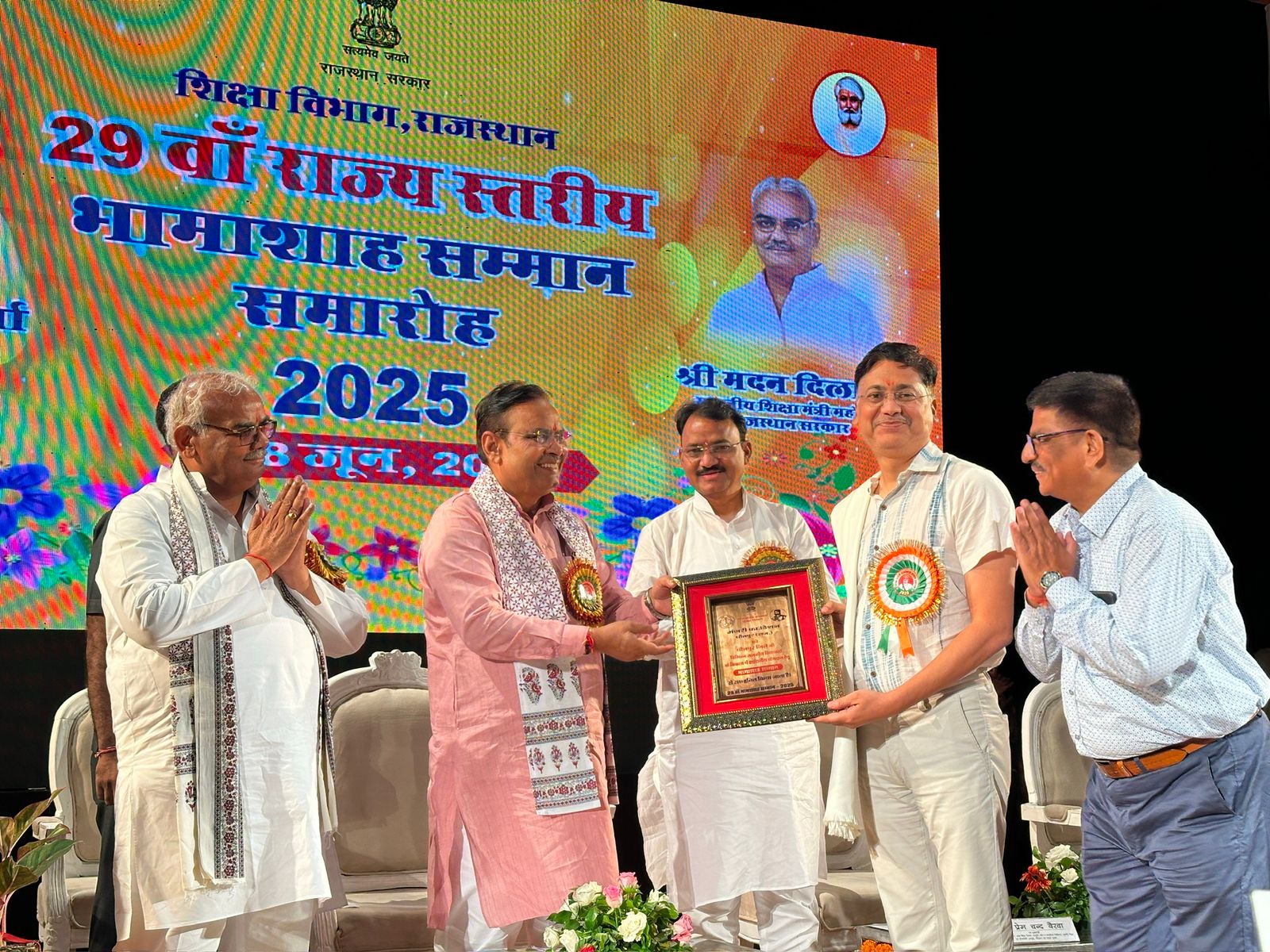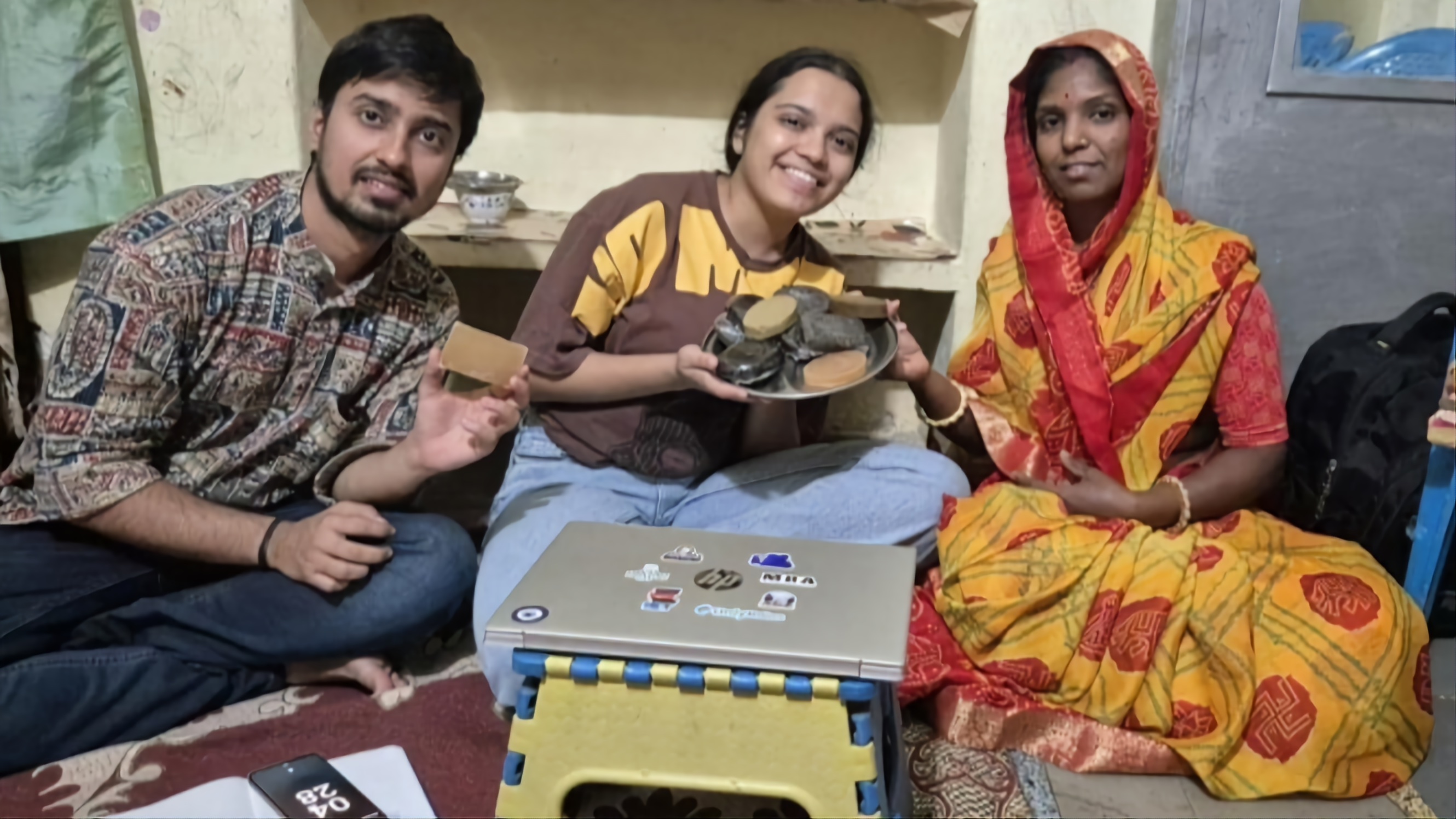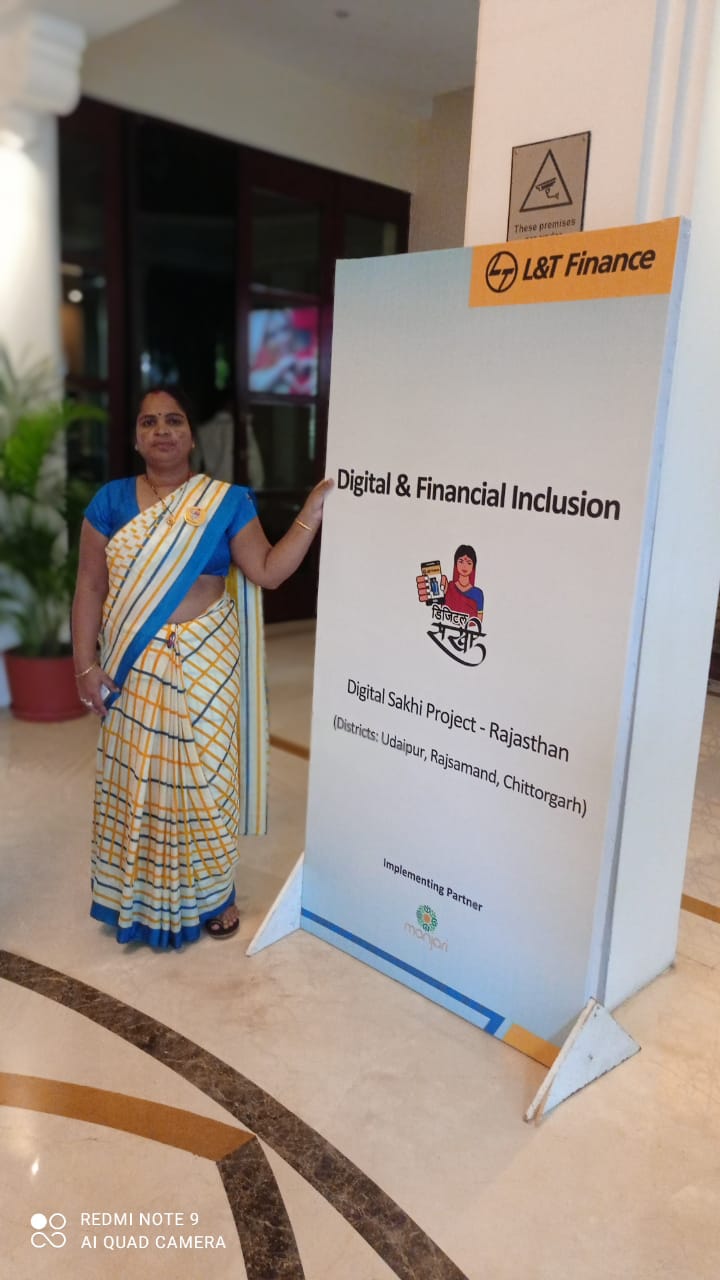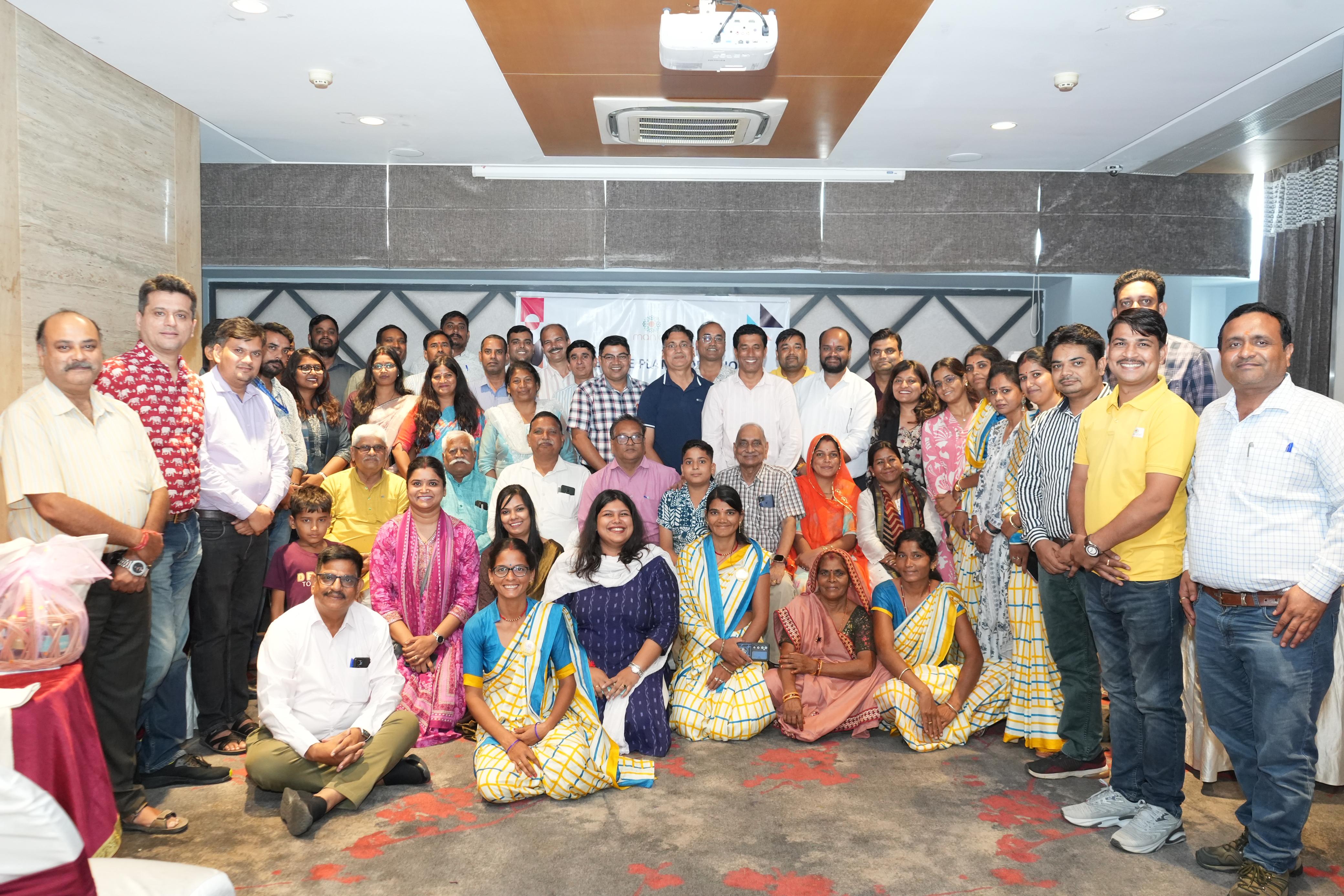

Reflections on the Journey Through Perspective Planning of Manjari Foundation
Sep 08, 2025
As Manjari Foundation completed a decade of its journey, it became a meaningful moment to pause, reflect, and look ahead. The organization embarked on a perspective planning exercise. The intent of conducting perspective planning itself is a commendable and very thoughtful act. I was curious to understand how this process unfolds.
Understanding the Perspective Planning Process
The idea of looking far ahead, thinking about aspirations, and understanding the processes that shape our journey was both inspiring and overwhelming. Planning for the future is not just about a strategy—but it is also about emotions, dreams, and the collective energy that communities and stakeholders bring into the process.
Listening to the Community:
The interactions with community members were revealing. What struck me most was how clearly they could articulate their aspirations. They were specific, thoughtful visions of change.
Yes, they wanted better infrastructure, schools, healthcare, and water systems. They spoke passionately about creating more income streams. But what is inspiring is their deeper aspirations: women wanting their villages to be free from violence against women, safe spaces where women could gather and recreate, and seeing more women step into politics and local governance bodies (PRIs).
Women’s visions reminded us that true development must also mean dignity, equality, and safety.
The Stakeholder Consultation:
The consultation was an opportunity to meet and listen to perspectives of leaders of CSOs from South Rajasthan. It was good to meet in person and get in touch with ex-colleagues after long time and listen to their experiences.
The participants appreciated Manjari Foundations work; especially its scale and impact in last 10 years and advised a more intensive geographic focus on select blocks and districts. Panelists also highlighted the importance of ensuring digital equity, promoting resilient agriculture management, and utilizing technology to bring in efficiency and positive change at the grassroots.
The Perspective Planning Workshop: Two Days of Reflecting Together
Over two days, the sessions were engaging, reflective, and energizing. Professor Padmanabhan’s use of Appreciative Inquiry set the tone beautifully—reminding us of the power of positivity, and imagination.
The professor introduced us to the theory of perspective planning and its key proponents. Also helpful was his three rings model;
Ring 1 - The Core: This is about our identity and values. Who are we at our essence?
Ring 2 - Partnerships: This focuses on ideal partner profiles and designing meaningful partnerships. It includes all our stakeholders – institutions, communities, government bodies, donors, alliances, and board members.
Ring 3 - Programs: This is where we address the core problems we're solving, think about co-creation, and plan for long-term sustainability. It covers our processes, strategies, people, and systems. This framework helped me think systematically and visualize the bigger picture beyond day-to-day tasks.
The workshop also encouraged personal reflection. Through storytelling sessions, we shared what we valued most about ourselves, our work, and our organization. These exchanges were inspiring, revealing not just professional passions but deeply personal motivations. The dreaming exercise—where we imagined what game-changing innovation we would launch if there were no constraints—pushed us to think boldly.
Building Our Dreams
The second day focused on the practical side – how do we build the "bricks" to complete the dreams and designs we had envisioned? Teams worked enthusiastically to develop concrete programs and approaches. The energy was infectious as abstract dreams began taking more concrete shape.
Interaction with Ved Arya
The interaction with Ved Arya ji brought valuable perspectives and helped us understand our work within a larger context. He presented us with an ambitious challenge: preparing 50,000 entrepreneurs in rural areas.
This is a worthy and achievable goal that got everyone thinking about scale and impact. He also emphasized the scope for investing in government systems – making them more accountable and enhancing their capacity.
Moving Forward with Hope
As the workshop was concluded, I felt grateful to be part of this community of professionals who care deeply about creating change.
The words of science fiction writer Octavia Butler stayed with me: "There's nothing new under the sun, but there are new suns."
While past patterns may repeat, new perspectives, possibilities, and solutions are always emerging. We can look to these "new suns" – innovative ways of thinking and acting – to create a better future, even within challenging systems and difficult times.
This reflection emerges from perspective building exercises with community, stakeholders, and co-workers focusing particularly on women's empowerment and institutional capacity building.
